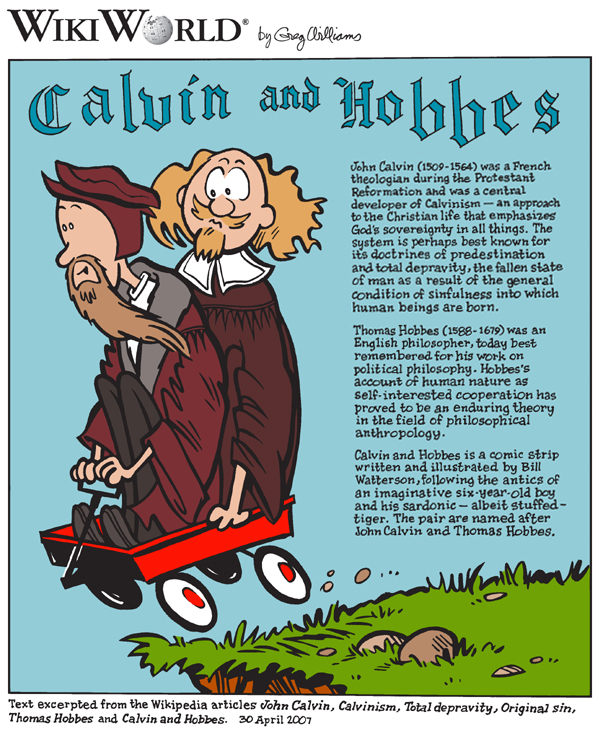1600s: Autocratic Parenting
Diana Lang
Autocratic Parenting and Thomas Hobbes

Thomas Hobbes, 1588-1679, contributed to the era of autocratic parenting due to his views regarding human motivation, Psychological Egoism, and the social contract.[1] According to Hobbes, humans are extremely self-interested and born with original sin.
Hence, adults had to use control and discipline because children were born “evil” and had to be saved. Further, as a result of adults’ own self-interests, Hobbes believed that absolute authority was a necessity in politics, in dealing with others, and in the home.[2]
During this era, many believed that children learned obedience to God via their parents’ use of harsh discipline and strict parenting. Children were typically viewed as being “willful” and were used as household servants.
- Babies were born with original sin and were very egocentric.
- Parents were to direct children away from their evil tendencies.
- Similar to the current authoritarian approach.
- Recommended that rigid and strict rules be used to shape children into well-behaved, successful adults.
- Friend, C. (n.d.). Social contract theory. In Internet Encyclopedia of Philosophy. https://www.iep.utm.edu/soc-cont/#SH2a ↵
- Hobbes, T. (1651). Leviathan, or the matter, forme, and power of a commonwealth ecclesiastical and civil. Project Gutenberg. http://www.gutenberg.org/files/3207/3207-h/3207-h.htm ↵
The theory that we are always deep down motivated by what we perceive to be in our own self-interest. (Source: Internet Encyclopedia of Philosophy).

